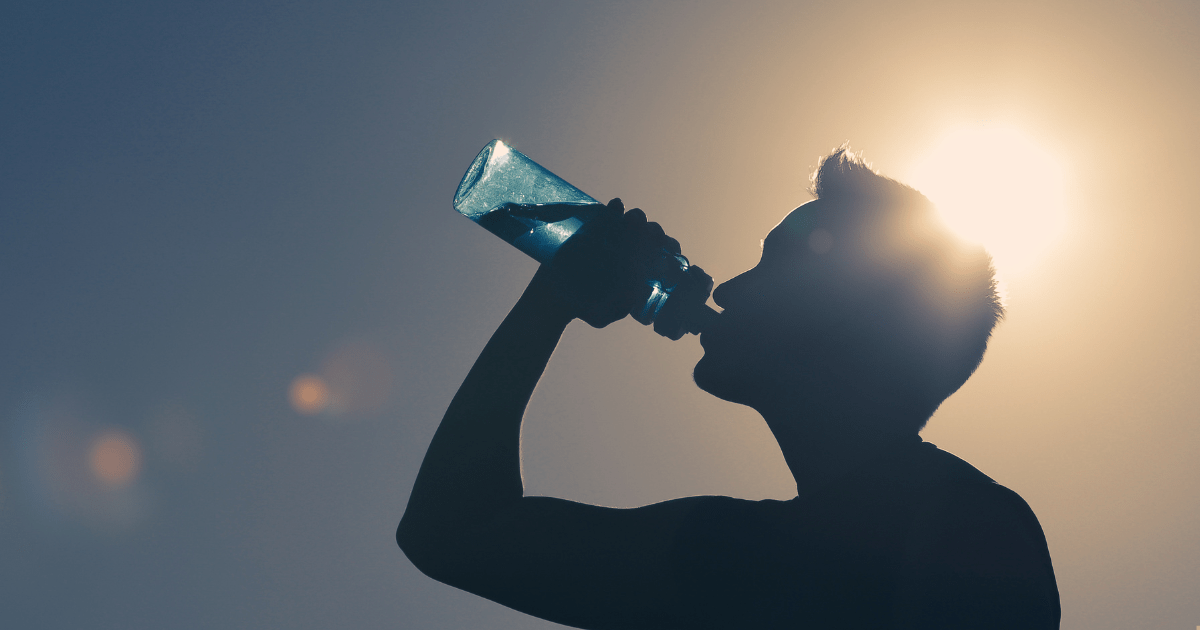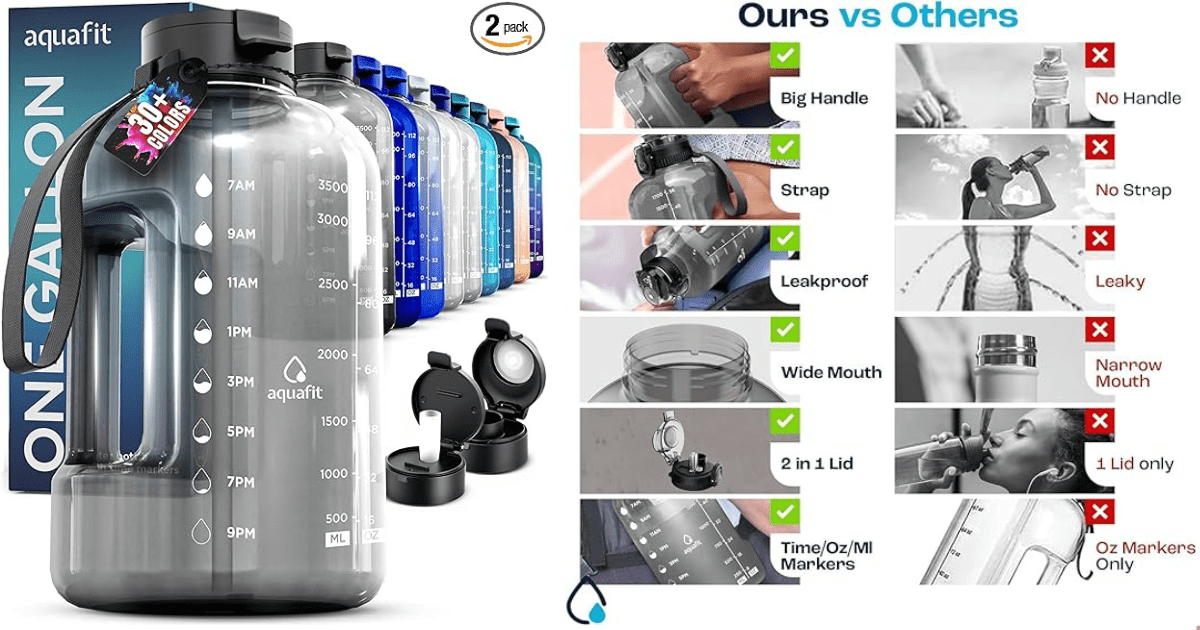Understanding how much water you should drink a day is fundamental to maintaining optimal health, yet it remains one of the most frequently asked questions in health and wellness circles. Water is vital to nearly every bodily function, from regulating temperature and supporting metabolic processes to enhancing physical performance and aiding digestion. However, the quantity of water necessary varies considerably among individuals due to several factors. Dehydration can lead to significant health issues, emphasizing the importance of recognizing and meeting your daily water intake requirements.

1. Factors Determining Daily Water Intake:
1. Age and Gender: Individuals’ hydration needs vary significantly across different age groups and between genders. Studies indicate that men generally have higher water intake requirements than women due to larger average body size and higher energy expenditure. For instance, adult men typically need about 3.7 liters per day, while women require approximately 2.7 liters. This disparity also extends to children and adolescents, who need to adjust as they grow and develop.
2. Physical Activity and Exercise: The level of physical activity significantly influences daily water intake. Active individuals lose more water through sweat and require additional hydration to maintain optimal health. For example, during intense exercise or sports, hydration needs can increase considerably to compensate for fluid loss through sweat, helping to maintain performance and reduce the risk of dehydration.
3. Climate and Environment: Environmental factors such as temperature and humidity play a crucial role in determining water needs. In hot or humid conditions, the body sweats more to cool down, thereby increasing water requirements. Conversely, in cold environments or at high altitudes, the air can be drier, and higher water intake is necessary to compensate for increased respiratory fluid loss and to prevent dehydration.
4. Health Status and Special Conditions: Various health conditions and life stages also affect hydration needs. For instance, pregnant and breastfeeding women have higher fluid requirements. People with health conditions such as diabetes or heart disease may need increased fluid intake. Additionally, conditions that increase fluid loss, such as fever, vomiting, or diarrhea, require greater water consumption to maintain hydration.
[blockquote align=”none” author=””]
- Hydration and Weight Loss: The Surprising Role of Water
- 9 Reasons to Include Cinnamon Water to the Winter Diet
- Watermelon Juice Calories and its Health Benefits
- How to Reduce Hip and Thigh Fat Naturally: Expert Tips
[/blockquote]
2. Health Benefits of Adequate Water Consumption:
- Hydration and Athletic Ability: Adequate water consumption is crucial for athletes to maintain peak performance. Dehydration of even 2% body weight can lead to a noticeable decrease in physical capabilities, including endurance, strength, and speed. Proper hydration helps in maintaining thermoregulation, reducing fatigue, and increasing motivation during physical activities.
- Recovery and Injury Prevention: Staying hydrated aids in faster recovery post-exercise by facilitating the removal of metabolic by-products. It also plays a vital role in preventing injuries by ensuring that muscles function optimally and joints are well lubricated.
- Cognitive Function: Adequate water intake is associated with improved cognitive functions such as concentration, alertness, and short-term memory across all age groups. Even mild dehydration can disrupt these cognitive functions, affecting performance in tasks requiring attention, perceptual discrimination, and arithmetic abilities.
- Mood and Mental Health: Studies have shown that hydration levels can influence mood and mental health, with dehydration leading to increased feelings of anxiety, fatigue, and mood disturbances. Conversely, sufficient water intake can enhance mood and reduce the risk of depression and anxiety.
- Metabolic Enhancement: Drinking water can increase resting energy expenditure by stimulating thermogenesis through sympathetic nervous system activation. This process helps burn calories and can be a supportive measure in weight management strategies.
- Appetite Regulation: Consuming water before meals can lead to a reduction in hunger and overall calorie intake, aiding in weight loss. Replacing high-calorie beverages with water also reduces the intake of excess calories and sugar.
- Avoiding Short-term and Long-term Health Issues: Dehydration can lead to immediate health concerns like headaches, dizziness, and decreased physical performance, as well as long-term issues such as urinary and kidney problems, electrolyte imbalances, and even cognitive impairment.
- Ensuring Overall Well-being: Regular water intake is essential for the maintenance of electrolyte balance, regulation of body temperature, and the prevention of heat-related illnesses. It supports the body’s overall functions, from digestion and waste elimination to oxygen delivery and nutrient transport.

AQUAFIT 1 Gallon Water Bottle With Time Marker – Straw & Chug Lid – Big Water Bottle With Straw – BPA Free Gym Water Bottle With Handle – Gallon Water Jug (128 oz – 2 Lids, Gray)
3. Practical Tips for Staying Hydrated:
1. Tracking Your Water Intake:
- Utilize Apps and Gadgets: Many apps are available that can help track water intake, set goals, and remind individuals to drink water throughout the day.
- Use a Designated Water Bottle: Having a reusable water bottle with marked measurements can help monitor how much water is consumed and encourage reaching daily hydration goals.
2. Incorporating Water-Rich Foods into Your Diet:
- Fruits and Vegetables: Incorporate high-water-content foods such as watermelon, strawberries, and cucumbers into meals and snacks.
- Soups and Broths: Opt for water-based soups and broths, which can contribute to daily hydration needs while being low in calories.
3. Understanding the Signs of Dehydration:
- Monitor Urine Color: The color of urine is a quick indicator of hydration levels. Pale, straw-colored urine suggests adequate hydration, while dark yellow signifies the need for more fluids.
- Be Aware of Physical Symptoms: Symptoms such as fatigue, dizziness, and dry mouth indicate dehydration and the need to increase water intake.
4. Adjusting Intake Based on Activity and Health Conditions:
- Increase During Exercise: Those engaging in physical activity should drink more water to compensate for fluid loss through sweating.
- Consider Health Status: Individuals with certain medical conditions or those taking diuretic medications may require additional fluids to prevent dehydration.
[blockquote align=”none” author=””]By following these practical tips and understanding the body’s hydration needs, individuals can maintain optimal hydration for health and well-being.[/blockquote]
Frequently Asked Questions
Q: How Much Water Should You Aim to Drink Each Day for Your Health?
The National Academy of Medicine recommends that for optimal health, men should aim for about 13 cups (104 ounces) and women for about 9 cups (72 ounces) of fluids daily. However, individuals who engage in physical activity or are in hot climates may require more.
Q: What’s the General Guideline for Daily Fluid intake to stay hydrated?
On average, adults should consume approximately 2 to 2.5 liters (about 8 glasses) of fluid per day. It’s important to note that this includes all sources of fluids, not just water, and also accounts for the moisture found in foods like soups, fruits, and vegetables. Ensuring you replenish the fluids lost daily is crucial for maintaining hydration.
Q: How Can You Figure Out the Right Amount of Water to Drink Each Day?
A simple method to estimate your daily water needs is to take your body weight in pounds, divide it by two, and drink that number in ounces of water. For example, if you weigh 150 pounds, you should aim for 75 ounces of water daily, which is significantly more than the often-cited eight glasses.
Q: What Are the Specific Daily Fluid Requirements for Men and Women?
The recommended fluid intake is about 2 liters (8 cups) for women and 2.6 liters (10 cups) for men. However, these needs increase for individuals who are pregnant or breastfeeding. It’s important to stay properly hydrated, as dehydration can pose serious health risks, particularly for vulnerable groups such as infants, children, and the elderly.
